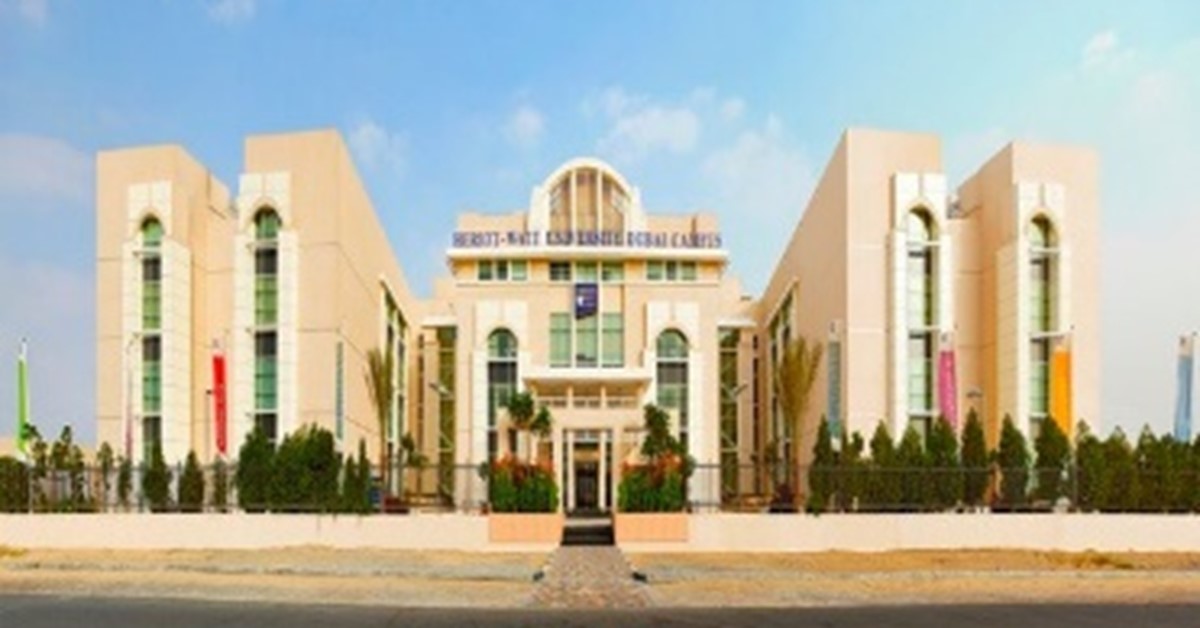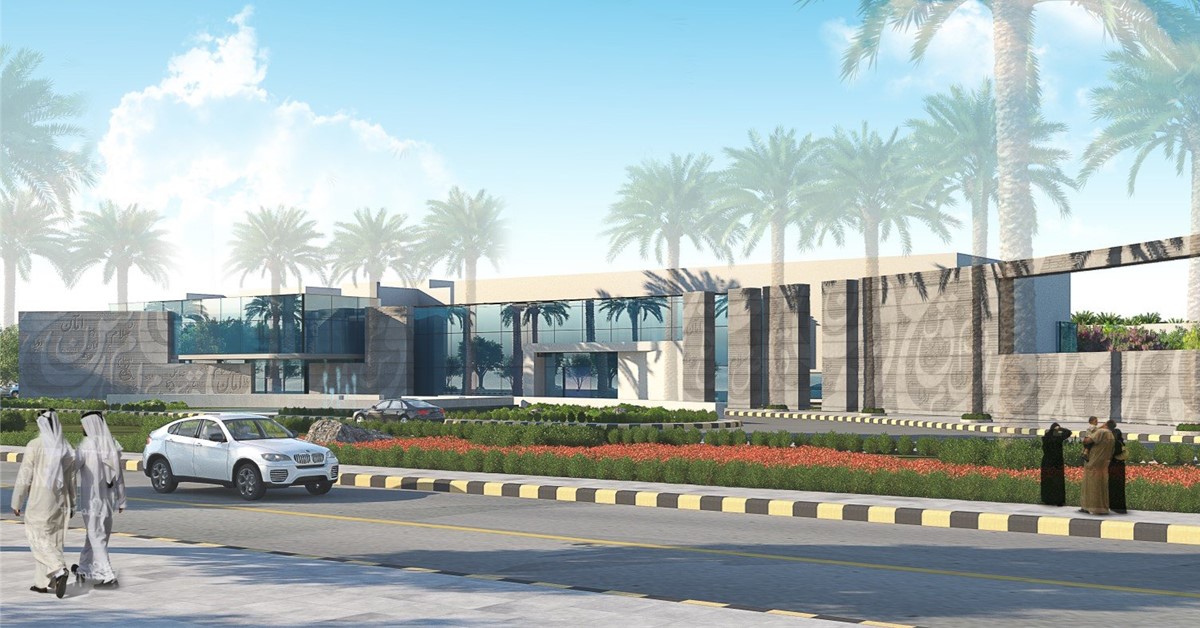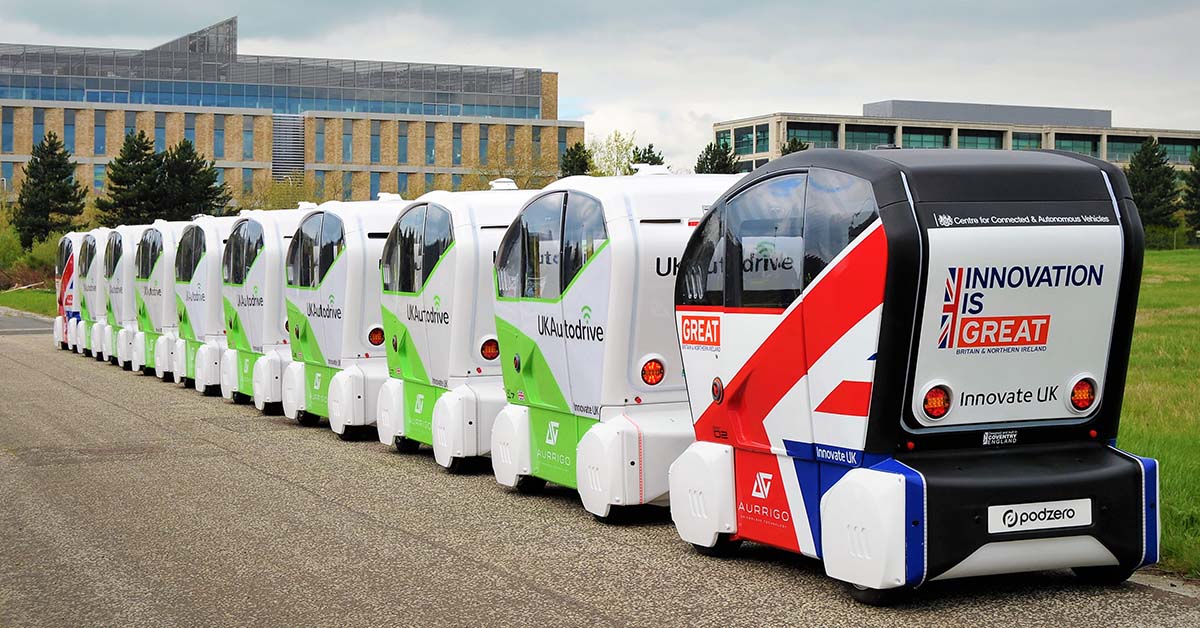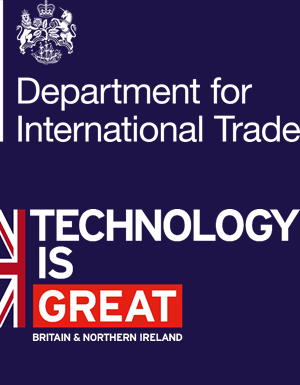| row-start col-md-12 row-end #top-section top-section #about-section colour-section |
Why the UK for Smart Cities
As global recognition goes, the work pioneered in Bristol, England, around smart cities is second to none. It has pushed boundaries and showcased the potential that a truly connected, always-on, and tech-centric city can offer to citizens and businesses alike. This success saw Bristol win the Smart City Awards at the GSMA’s Global Mobile Awards, beating Barcelona, Dubai and New York.
As a result, Bristol has become a hotbed of the finest UK talent and start-ups in smart cities, with the use of AI, big data, machine learning at the core.
Outside of Bristol, the UK is home to further innovation looking to the future of smart cities. Nationwide and internationally, the iconic Ordnance Survey brand is moving with the times and bringing its unrivalled leadership in mapping to play a key role in how smart cities are developed, and how the infrastructure is modelled to ensure cities operate optimally.
Elsewhere, the Scottish Cities Alliance is investing millions in making Scotland’s cities smarter, using new technologies to accelerate and transform the delivery of city services. And Innovate UK offers a £4 million fund to start-up projects that can drive productivity and economic growth.
Companies of all sizes are being supported in their growth and innovation within such a dynamic and agile environment. Real-world testing, AI analytics, and refinement is pushing boundaries faster than anywhere else; attracting a wealth of international investment as a result. The Future Cities Catapult for example has launched URBAIN, a new network between industry, cities and researchers focused on accelerating the development and adoption of AI and analytics in UK cities.
The smart city area is a very lucrative one for business; UK government estimates put the global opportunity at around £1.5 trillion by 2020 according to Frost and Sullivan reports, with the UK share of this estimated to be above 10%.
Accordingly, the UK is uniquely placed to take a leading role in the adoption of big data analytics for smart cities, based on its heritage of the creative application of new technologies. Not only does the UK have one of the fastest adoption rates of big data technologies in the world but it also is world class in solution development too. This is complemented by the presence of all of the constituent elements that are required to develop practical and innovative smart city solutions from big data, including a well-developed cloud computing, data centre and high-performance infrastructure.
The Internet of Things (IoT) is a key enabler for many smart city applications; according to ABI Research more than 30 billion devices will be wirelessly connected to the Internet of Things by 2020. This proliferation has made IoT critical to smart city success – an opportunity the UK is primed to take advantage of due to its huge breadth of innovative start-ups and established global brands in the space.
UK Tech Companies Supporting Smart Cities in the Gulf
British company what3words offers an easy way to identify precise locations. Every 3 metre square has been given a unique combination of three words: a what3words address. Now you can find, share and navigate to precise locations using three simple words. For example, ///seagull.shorter.hobbit will take you to the front entrance of the King Abdulaziz Historical Center in Riyadh. The 3-word address format is available in 46 languages, including Arabic. The company has recently partnered with Careem so that passengers can say exactly where they want to be picked up and dropped off for a hassle-free ride. what3words addresses are simpler to enter into the app than street addresses and take customers and captains exactly where they need to go. They allow people to enter precise locations for places that don’t have street addresses like new builds or beaches and make it easy for them to specify exactly which entrance of a large building, stadium or mall they’d like to be picked up or dropped off at.
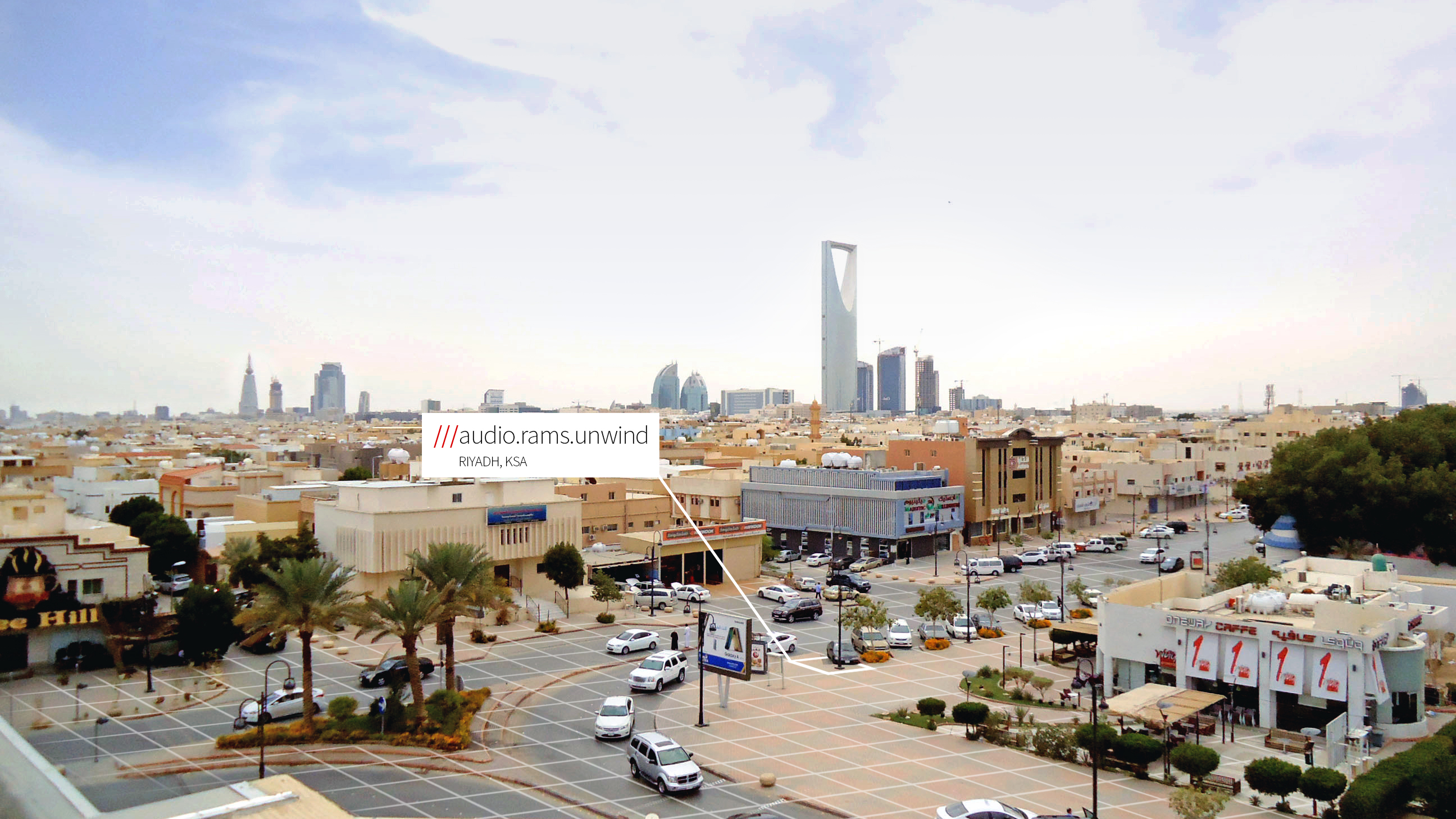
Scotland-based Integrated Environmental Solutions (IES) is the leading innovator in sustainable analytics for the built environment. IES’ Virtual Environment (VE) technology is proven to reduce energy use and carbon emissions on buildings, helping to create entire sustainable communities. IES partnered with the UAE Ministry of Energy and Infrastructure to explore the use of its innovative Intelligent Communities Lifecycle (ICL) digital twin technology to help create a net-zero or positive energy block (PEB) for a new development proposed by the UAE government. A PEB is where a group of buildings produce more primary energy on an annual basis than they consume. The company uses a range of tools to assess a site’s energy needs and to recommend practical improvements to reduce a site’s energy consumption. IES’s ICL technology helps site owners understand the feasibility and possibility of near zero or positive energy blocks.
UK company Engage Works is a creative technology agency that develops innovative and bespoke experiences across a number of sectors including retail, properly development, and work spaces. Engage Works has set up an office in Dubai and is now partnering with several entities in the UAE to deliver interactive experiences to inform and educate visitors, using design, application and video-based content. The company delivered exciting interactive tours for the Mohammed Bin Rashid Centre for Government and is now working with energy company Bee'ah on a showcase in the Zaha Hadid designed Bee'ah experience centre.
VRCraftworks, a UK-based startup, was chosen by the Dubai Roads and Transport Authority (RTA) for its personalised solutions in wayfinding using augmented reality. Soon, you’ll just have to point your mobile phone anywhere at a metro, bus or tram station and then virtual arrows and paths will appear on your screen leading you to your destination. This new tech will be piloted in the city thanks to Dubai Future Accelerators the global start-up programme, an initiative of Dubai Future Foundation in partnership with the RTA. The company is also developing an innovative, highly accurate location-based technology that can be used for drone deliveries.
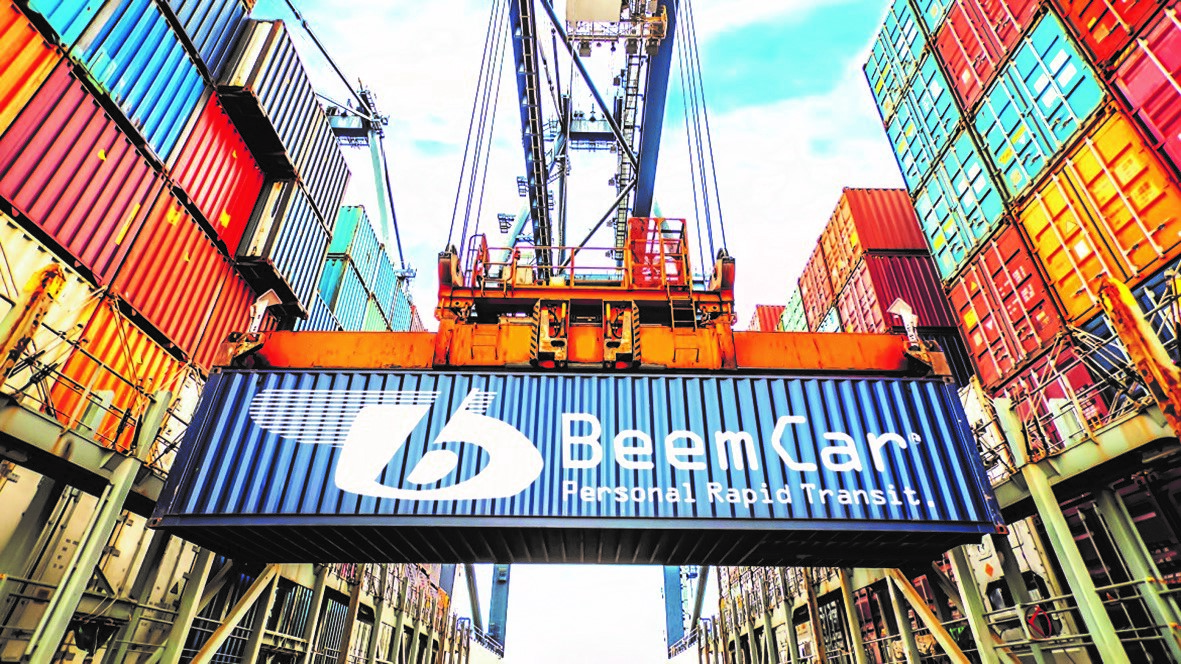
Earlier this year, British Personal Rapid Transit (PRT) developer BeemCar signed a cooperation agreement with Dubai’s Roads and Transport Authority (RTA) to step up collaboration to develop futuristic mobility solutions through PRT built on suspended transport technology. They are characterised by speed, safety and the efficient use of resources. The operation of PRT is said to occupy land area several times less than conventional means of the same capacity, as well as being power-efficient, small in size and light in weight.
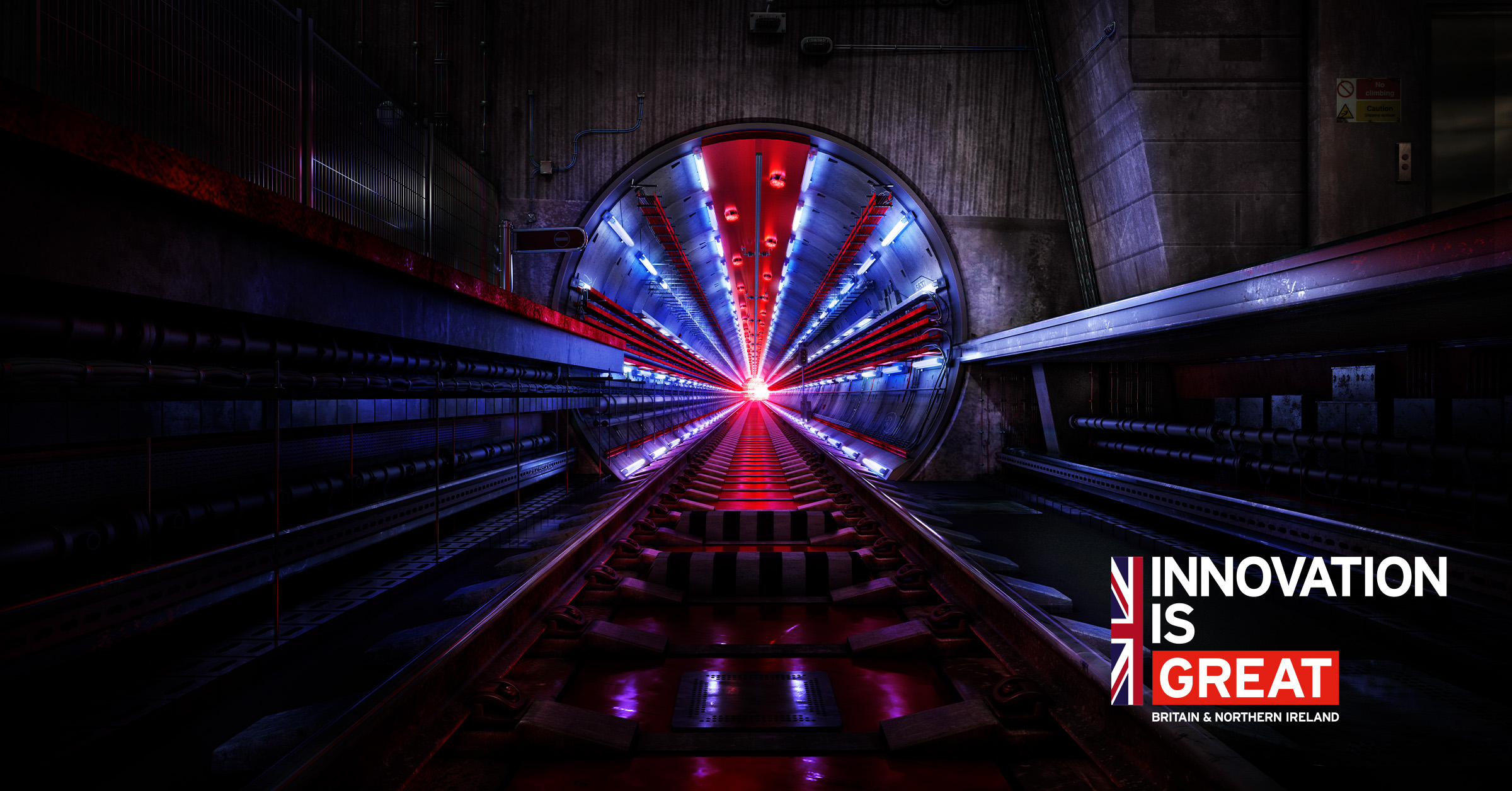
| row-start col-md-4 |
| row-end col-md-7 |
Learn about UK driverless vehicle technology
Download the brochure now| row-start col-md-4 |
| row-end col-md-7 |
| row-start col-xs-12 row-end colour-section |
Videos
Aurrigo's autonomous vehicles, the'Pod Zero' uses the latest driverless technology.
Middle East logistics company, Aramex, puts what3words to the test. While one Aramex driver uses 3 word addresses to navigate to delivery points, another makes his deliveries as normal, with traditional street addresses as a reference.
| row-start col-md-4 |
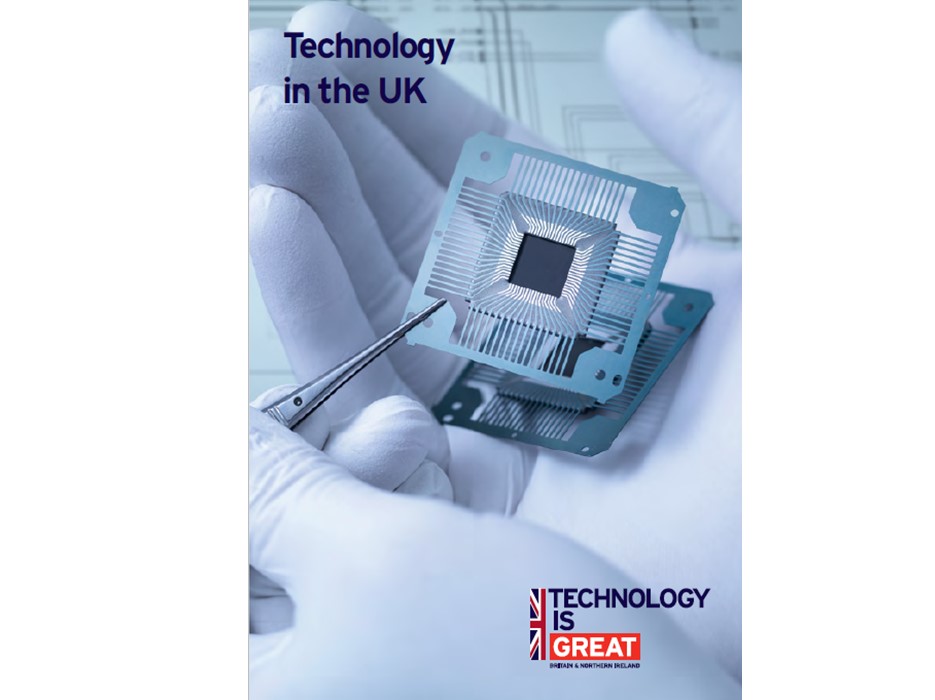
| row-end col-md-7 |
| row-start col-md-7 #top-section top-section new-section colour-section |
| row-start col-md-7 #top-section top-section new-section |
| row-start col-xs-12 col-md-6 colour-section |
Find innovative solutions for your business today
| row-end col-xs-12 col-md-4 |
| row-start col-xs-12 col-md-6 colour-section |

